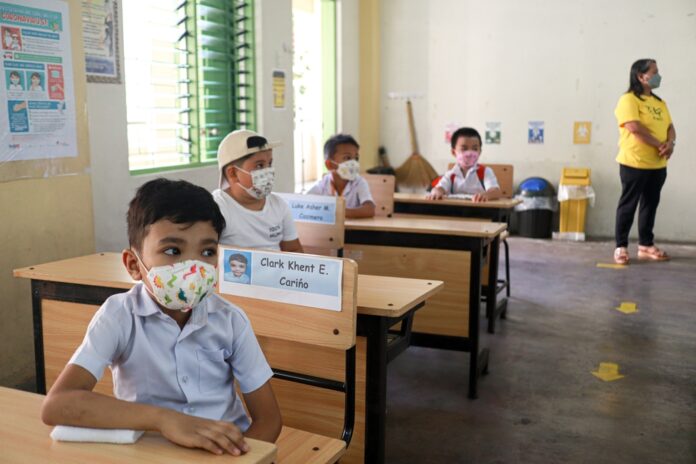The country’s performance at the inaugural Philippine learning-loss survey has deep social and economic costs the extent of which is feared to tell not only on the quality of higher education graduates down the line but on their employability as well.
This developed in the wake of the outcome of the post-pandemic Philippine Assessment on Learning Loss Solutions (PALLS) survey in which private school students from Grades 1 to 12 failed to make the grade in science and mathematics, and barely made it at all in English.
Experts such as Dr. Richard Jugar at the University of San Carlos fear that post-pandemic students entering colleges and universities face increased risks of failure in higher education endeavors and board examinations going forward.
Jugar acknowledged the actual social and economic impact of the educational impairment of Filipino students has yet to be determined but quickly added the same will surely tell on higher education outputs and graduate employability both locally and abroad.
Other studies supporting the PALLS outcome such as the Global Education Evidence Advisory Panel (GEEAP) co-hosted by the United Kingdom’s Foreign Commonwealth and Development Office, the UNICEF Office of Research – Innocenti, and the World Bank suggest that unless the outcome is addressed, a Grade 3 student who has lost a year of schooling during the pandemic could lose up to three years’ worth of learning over time.
The economic loss resulting from this learning crisis is extreme, and seen as a loss in the lifetime earnings of present-day generation of children estimated at $17 trillion unless corrective action is urgently taken.
Educators elsewhere pointed out that in the United States, authorities there have set aside $190 billion for the purpose and even then, this amount was not considered sufficient to underwrite what needs to be done such as tutoring, remedial classes and technology-based summer catchup programs.
Many of the learning gaps cited by the different studies had been validated by the chairman of the Congressional Committee on Higher and Technical Education, Mark Go, who committed to file a bill addressing the learning loss crisis.
In context, the urgency of the issue came to light in the wake of the PALLS survey of 3,600 students from 18 private schools in Grades 1 to 12 showing dismal results: of the 60 percent required to pass the examinations, the average scores of all students for science and mathematics were 54.1 percent and 47.5 percent, respectively.
These scores are below 60 percent, which is the passing percentage set by the Department of Education (DepEd). It was only in English that the average score was passing at 61.5 percent, it was noted.
PALLS was conducted as a contribution by the Cebu-based University of San Carlos and its partner institution, Thames International School, to efforts by Education Secretary and vice president Sara Duterte who told the Southeast Asian Ministers of Education Organization (SEAMEO) that the Philippines “humbly accepts the challenge of leading its Southeast Asian counterparts to post-pandemic recovery.”







